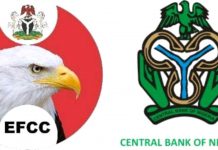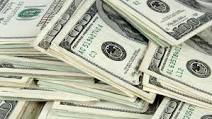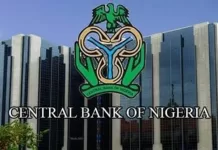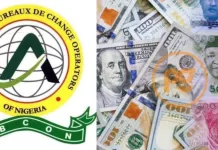The inability of Nigeria to take advantage of rising international oil prices due to massive oil theft, skyrocketing petrol subsidy which remains a drain on the economy as well foreign exchange (FX) speculation by currency traders, among others have combined to push the naira to a record low of N710/$1 on the parallel market.
The development comes against the backdrop of seemingly unbridled borrowing and rising debt service cost which exceeded the country’s revenues by as much as N310 billion in the first quarter (Q1) of 2022 and still continues to rise.
The Eurobond price which opened trading in 2022 at $105.087 had dropped to $74.785, representing a decline of $30.30 or 28.8 per cent. Recall, Nigeria called off plans to sell Eurobonds this year due to the fear that it might be faced with low patronage as the country’s fundamentals continue to weaken.
In June, the Debt Management Office (DMO) put Nigeria’s total public debt (federal and state governments) at N41.6 trillion or $100.07 billion,” at the end of the first quarter of 2022.
Read Also:https://ibrandtv.com/nigeria-govt-moves-to-deepens-investment-in-gold-mining/
Furthermore, Nigeria’s main source of FX revenue which is crude oil has also become a source of concern as the crisis in the sector continues to overwhelm the players.





